A recent study conducted by Prof. Pittet’s research team has led to the identification of a key parameter of the immune system that can help predict poor outcomes in many types of cancer. Prof. Pittet’s chair is supported by the ISREC Foundation.
These findings enhance our understanding of the immune mechanisms at work in cancer and offer significant opportunities for translational research.
Congratulations to the entire research team for achieving this significant contribution.
To find out more, read the full article here: Ludwig Cancer Research
The ISREC Foundation wishes to congratulate Prof. Michele de Palma and Dr. Nahal Mansouri on their recent scientific publication highlighting promising advances in dendritic cell engineering and the stimulation of the anti-tumor immune response.
We are particularly proud to support these scientists’ research, dedicated to the development of novel cell therapy approaches for lung cancer.
Link to the project description: Small cell lung cancer – Prof. Michele de Palma (EPFL) and Dr. Nahal Mansouri (CHUV) – Fondation ISREC
Link to the scientific publication: https://lnkd.in/edZhthi8
Congratulations to Prof. Johanna Joyce, Prof. George Coukos, Prof. Raphael Gottardo, Prof. Olivier Michielin and Prof. Mikaël Pittet: according to the prestigious list published by Clarivate, they are among the most frequently cited scientists in 2025.
This distinction reflects the remarkable impact of their work, ranking in the top 1% of the most cited publications worldwide. It testifies to the important role of their research in the advancement of science and encourages new interdisciplinary collaborations.
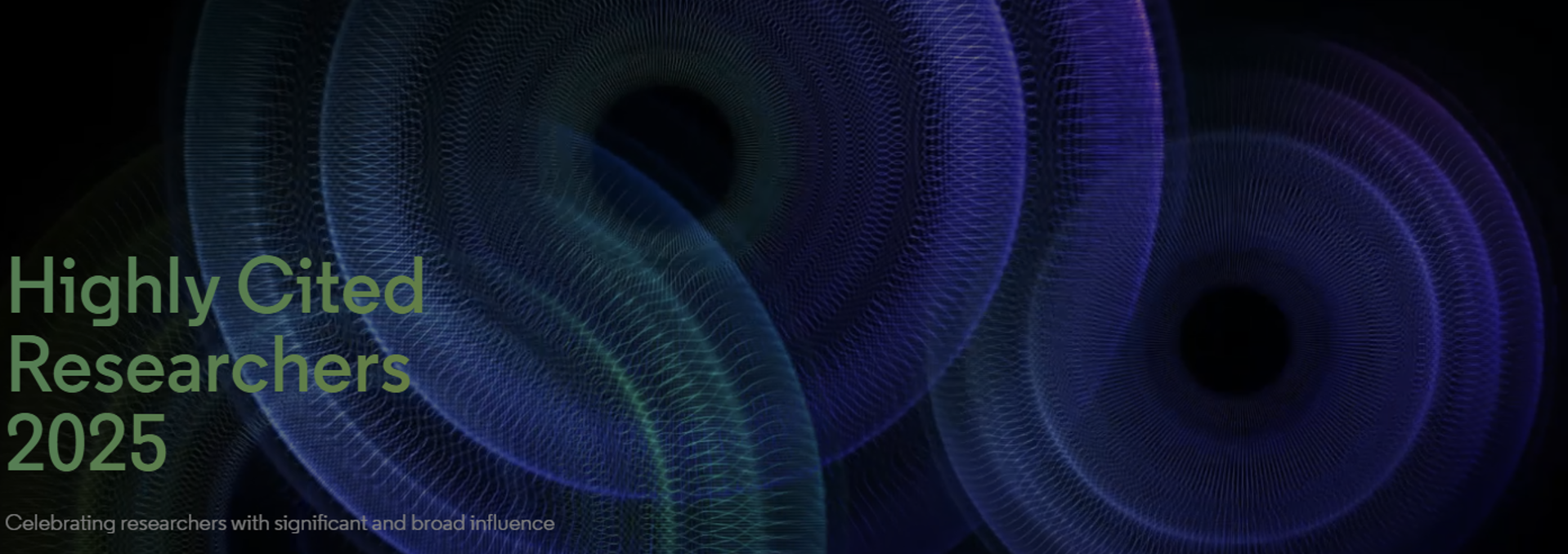
On October 29, 2025, our annual conference combined science and laughter.
The first part of the event was devoted to the presentation of the 2025 TANDEM projects, which focus on digital pathology and are designed to advance research in line with clinical needs. Congratulations to these talented scientists on their ambition and the quality of their work.
And because a little lightheartedness goes a long way, Marie-Thérèse Porchet gave a delightfully quirky presentation… firmly standing by her views. She quickly won over the audience, leaving many in stitches: mission accomplished.
Many thanks to our community and our donors for their loyal support!
Let us continue to work together to turn ideas into results that benefit cancer patients.
2025 TANDEM grants: Fondation ISREC – TANDEM 2025 winners

Congratulations to Prof. Denis Migliorini, M.D., on his publication in “Nature Biomedical Engineering”, in which he describes novel therapeutic options in the fight against brain tumors. The ISREC Foundation is proud to support his Brain Tumor Immunology Chair and his research, which offers hope to many patients.
For more information: Targeting immunosuppressive myeloid cells via implant-mediated slow release of small molecules to prevent glioblastoma recurrence | Nature Biomedical Engineering
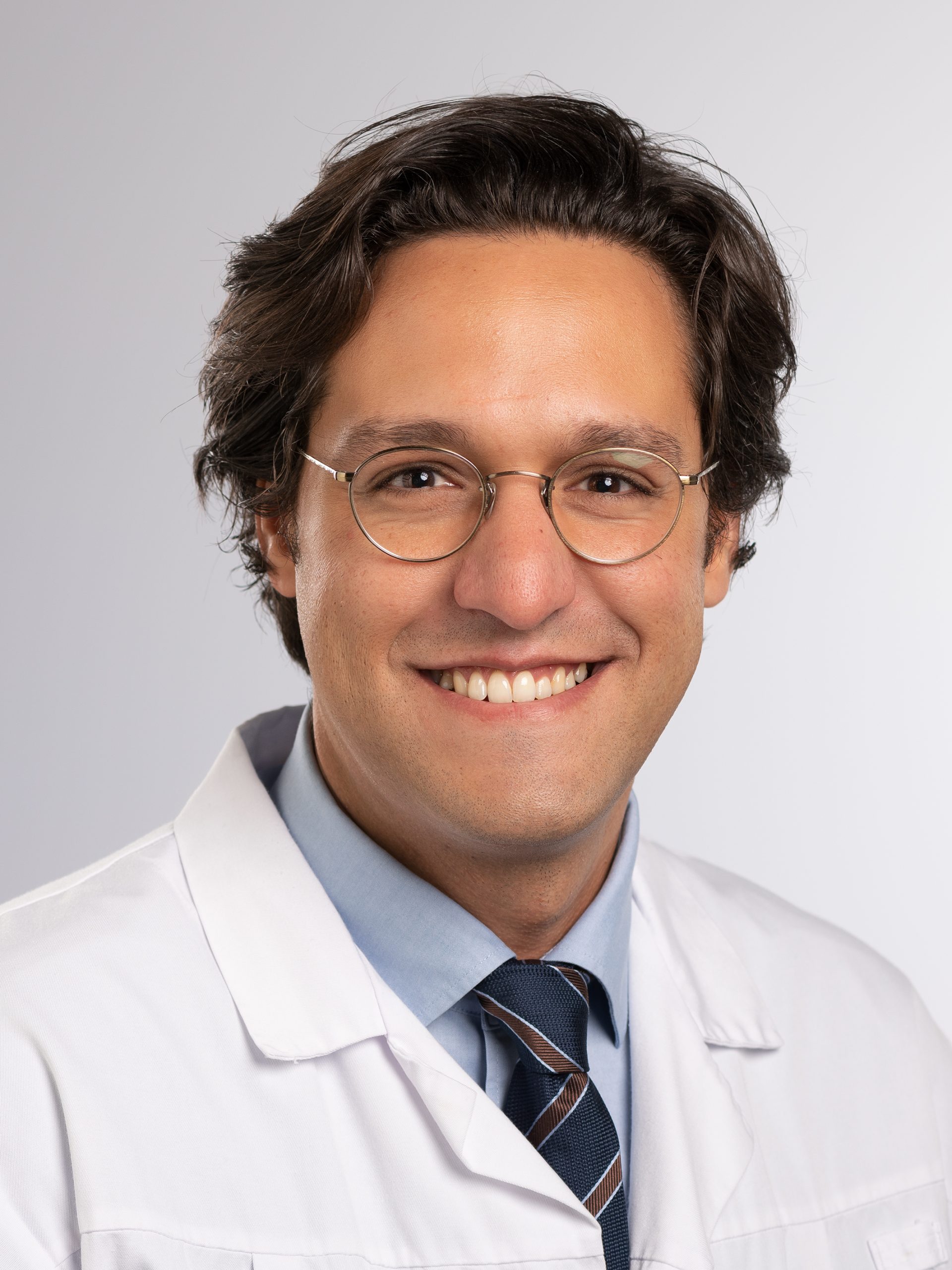
Congratulations to Anaïs Golliet, winner of the ISREC Foundation’s Pierre-François Leyvraz Award 2025 for interprofessionality in oncology.
Anaïs Golliet receives this award for her project entitled “Analysis of the implementation of consultations by nursing professionals prior to the signing of a consent form for participation in an oncological clinical trial”.
This analysis of the implantation has been realized by Anaïs Golliet and Nour Al Akkachy, both of them from Masters in sciences infirmières at the IUFRS – Institut universitaire de formation et de recherche en soins à l’UNIL. Their work addresses the fundamental issues of information and informed consent in clinical trials, and stands out for its feasibility, clinical relevance and expected benefits for a large number of patients. It is part of a national initiative to promote autonomous consultations by nursing professionals.
This award was created by the ISREC Foundation in 2019 to honor the commitment of Professor Pierre-François Leyvraz, former Director General of the CHUV, to its Scientific Board. It recognizes projects carried out during training that promote the development of interprofessionality in the field of oncology.
Congratulations to Anaïs Golliet on this well-deserved recognition!
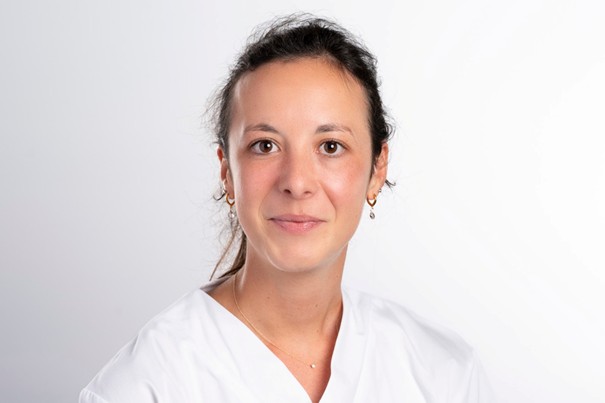
Once again, the SUR-SRP “Summer Research” program (July 3 to August 28), organized by the UNIL and the EPFL and supported by the ISREC Foundation, was a huge success. The students were thrilled to discover AGORA. We hope that this once-in-a-lifetime experience will open up new horizons for them.
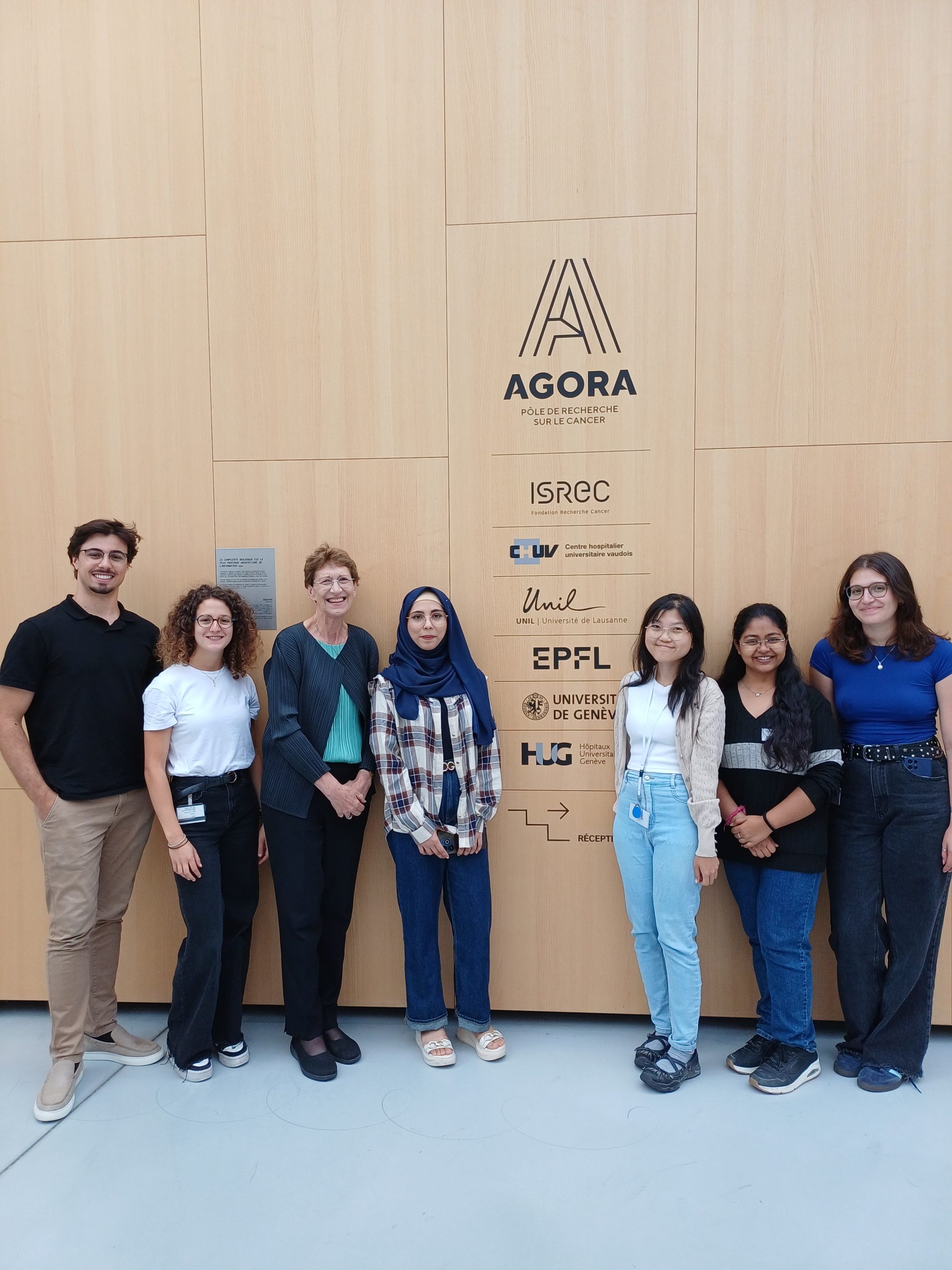
The ISREC Foundation is pleased to announce the winners of the TANDEM 2025 call for projects, which this year focusses on digital pathology in cancer research.
Six interdisciplinary teams were selected based on the scientific quality of their projects and a strong potential for clinical translation. Three are based in the French-speaking part of Switzerland, two in the German-speaking area and one in Ticino.
These projects, jointly led by a clinician and a basic research scientist, showcase the diversity of collaborations taking place across Switzerland and are in line with our goal of bringing science closer to patients.
Find out more about the winning teams and their projects here

26th edition of this race, organized by Team Girard.
Since 1998, the Club Team Girard, including owners, riders and fans of vintage motorcycles, organizes a yearly hill climb event for old-timers and donates part of the profits to the ISREC Foundation.
For more information (in French) Team-Girard rétrospective de la course de Corcelles-le-Jorat
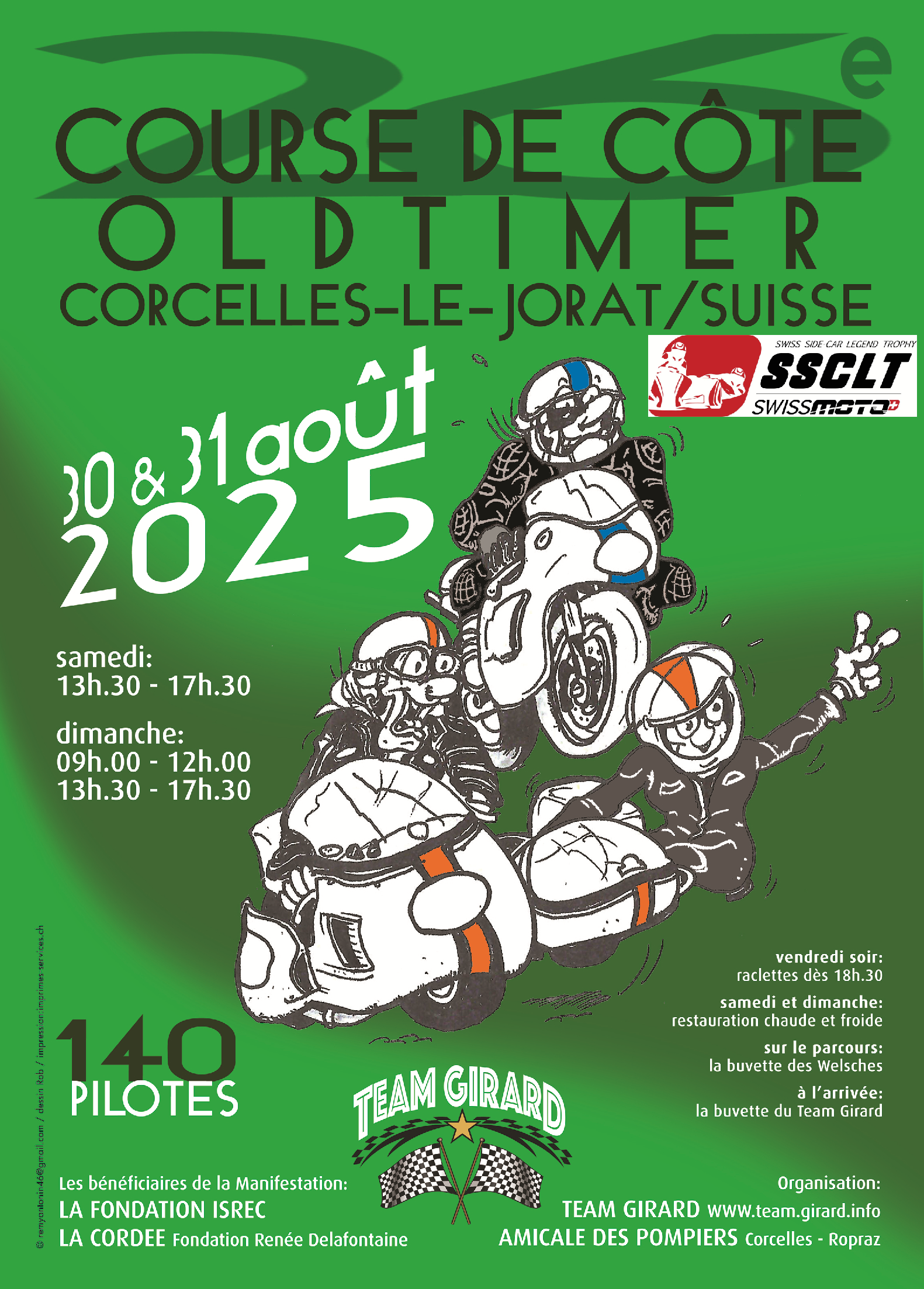
Congratulations to Prof. George Coukos, Director of the Oncology Department | UNIL-CHUV. He has recently been honored by the Society for Immunotherapy of Cancer (SITC) in recognition of his pioneering work in cancer immunotherapy. The ISREC Foundation is proud to collaborate with a scientist who embodies the spirit of translational innovation and is advancing the development of cancer treatments.
Link to the SITC’s website : Académie d’immuno-oncologie – Société d’immunothérapie du cancer (SITC)

